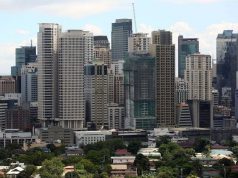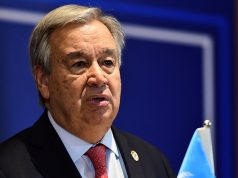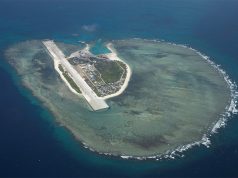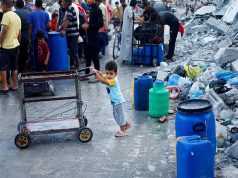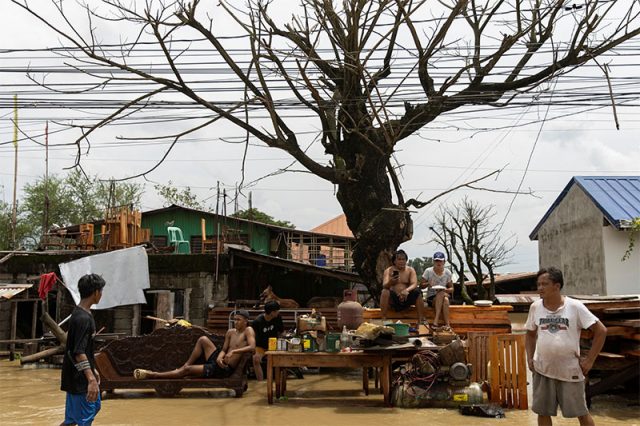
MANILA — The Philippines has been chosen to host the board of the “Loss and Damage” fund created by U.N. talks, marking another step towards providing financial help for countries to recover and rebuild from the impact of global warming.
Last month, the World Bank’s board approved a plan for the bank to act as interim host of the fund for four years.
Some countries, however, voiced concern that allowing the World Bank to host would give donors, including the United States that appoints the World Bank’s president, too much influence.
Philippine President Ferdinand Marcos Jr announced his country’s election from a pool of seven contenders in a post on X on Tuesday.
Hosting the board, Marcos said, “reinforces our dedication to inclusivity and our leadership role in ensuring that the voices of those most affected by climate change shape the future of international climate policies”.
The Philippines must enact legislation before it can become host and Marcos did not say when it would take on its role.
An archipelago of more than 7,600 islands, the Philippines, which also has a seat on the fund’s board, is frequently hit by typhoons and other climate-change induced disasters.
As host, Manila could focus attention on the Asia-Pacific region, where many countries struggle with limited resources, hindering their ability to respond to the effects of climate change.
Who pays for loss and damage has been among the most intractable issues at U.N. climate talks, as developed countries blamed for producing the most emissions historically have been nervous about how much of the bill for redressing damage they might face.
COP27 in Egypt in 2022 however managed to establish a U.N. “loss and damage” fund dedicated to addressing irreparable climate-driven damage from drought, floods and rising sea levels, but did not decide on detail.
Lidy Nacpil, coordinator of the Asian Peoples’ Movement on Debt and Development (APMDD), said it was up to the Philippines to demonstrate political leadership.
They should demand developed countries “fulfil their historical, legal, and moral obligation to provide reparations for climate devastation,” Nacpil said in a statement.
—Reporting by Karen Lema; editing by Barbara Lewis




